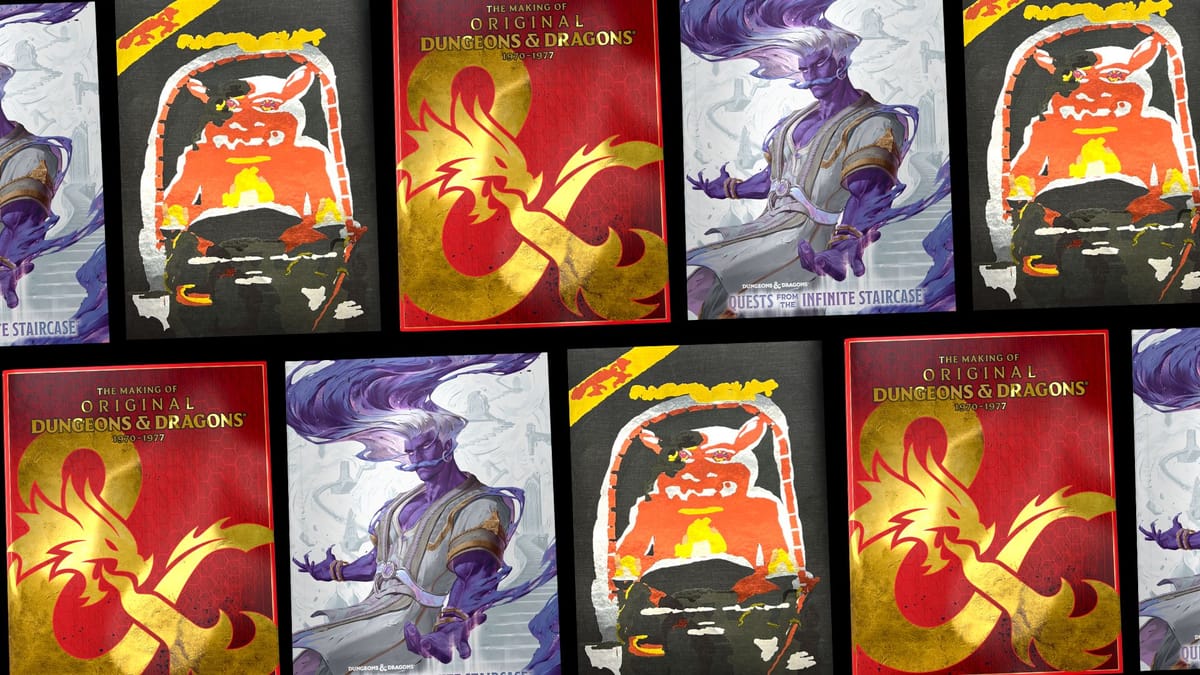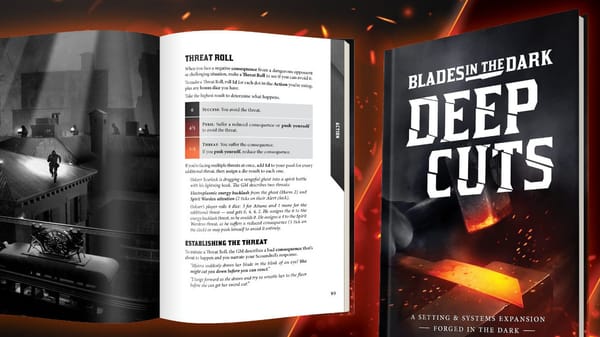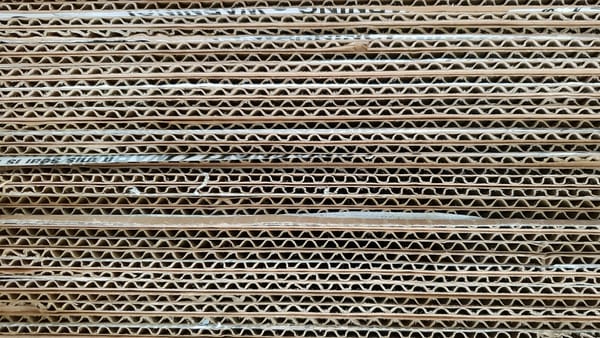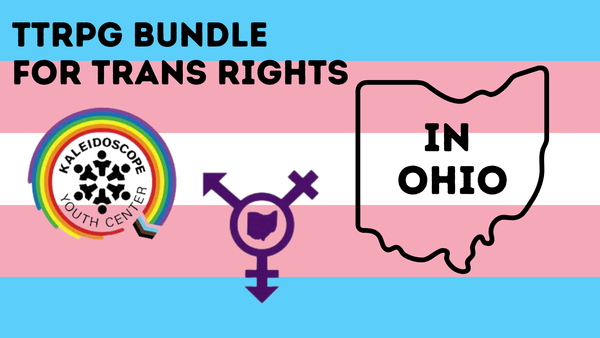At 50 years old, Dungeons & Dragons is an artifact
Wizards of the Coast is intent on self-mythologizing D&D on its 50th anniversary. Historians aren’t going to let them go unchallenged.

While we are in the year of the fiftieth anniversary of Dungeons & Dragons it’s only natural that the industry—and Wizards of the Coast—allows themselves time to reflect on the history of the game. There’s a rather excellent book chock-full of archival material, a greatest-hits adventure, an anthology of revised ‘80s modules, and now, preorders open for the next version of the game. But within this self-aggrandizing there is a veneer of desperation, a constant refrain that the new edition of the game is new, but not that new. It’s good, but good in the same way that the old stuff was good, and better in the ways it was bad. This is the kind of marketing you expect from a company that trademarked the phrase “The World’s Greatest Roleplaying Game” a few years ago.
It’s classic Wizards of the Coast—an unrepentant self-mythologizing of their (admittedly, incredibly significant) impact on the TTRPG ecosystem and the weight of their products. They certainly have the money to spend and a dragon big enough to throw around in a way that dominates an industry, but the truth behind the history of D&D, and the history of its much-lauded creator Gary Gygax, is harder to pin down. Even with the release of The Making of Original Dungeons & Dragons, a nearly 600-page scan-and-print recreation of the work published from 1970-1977, understanding the game remains elusive. Is Wizards of the Coast attempting to eulogize D&D or protect it from its own past mistakes?





